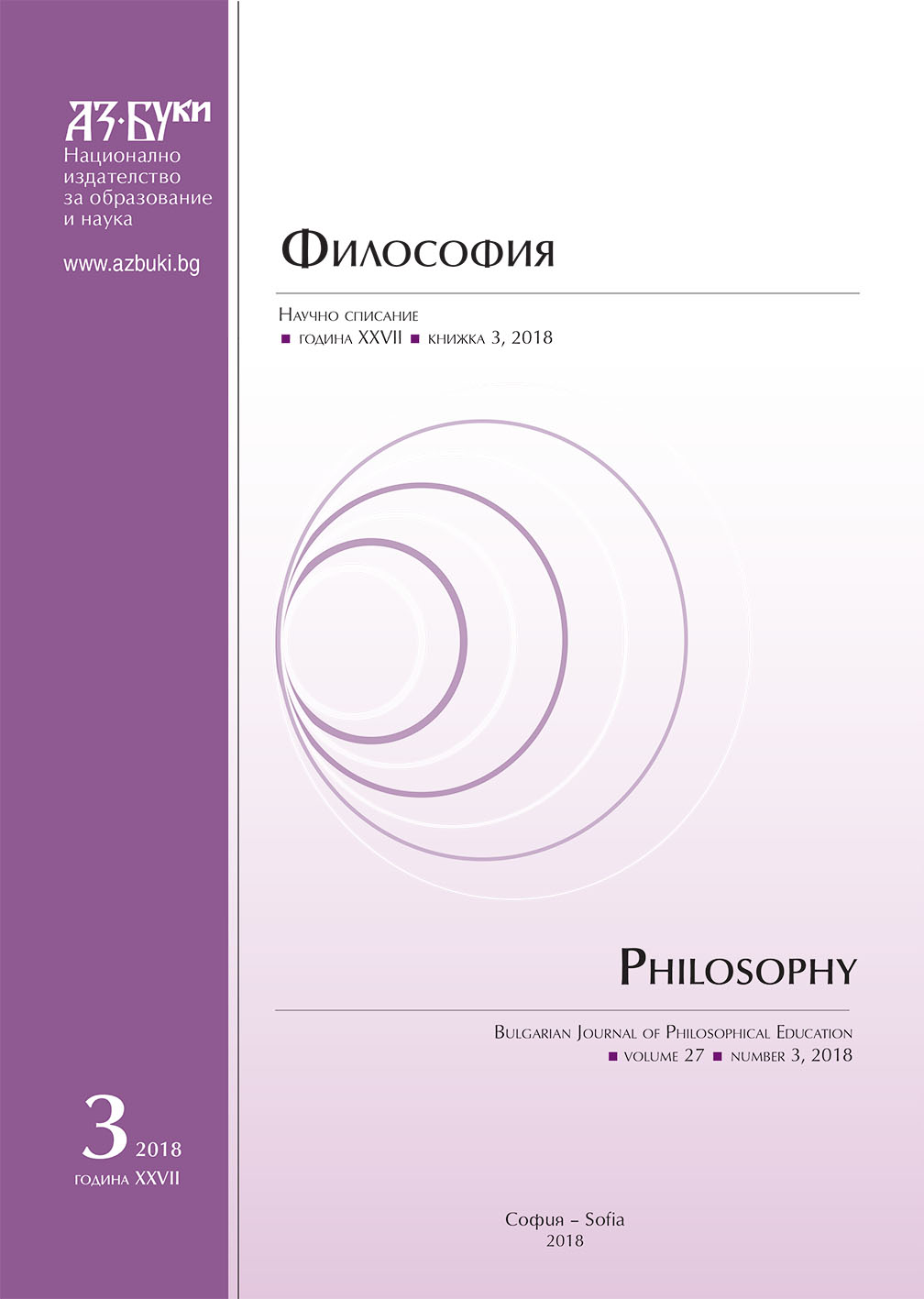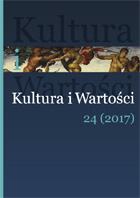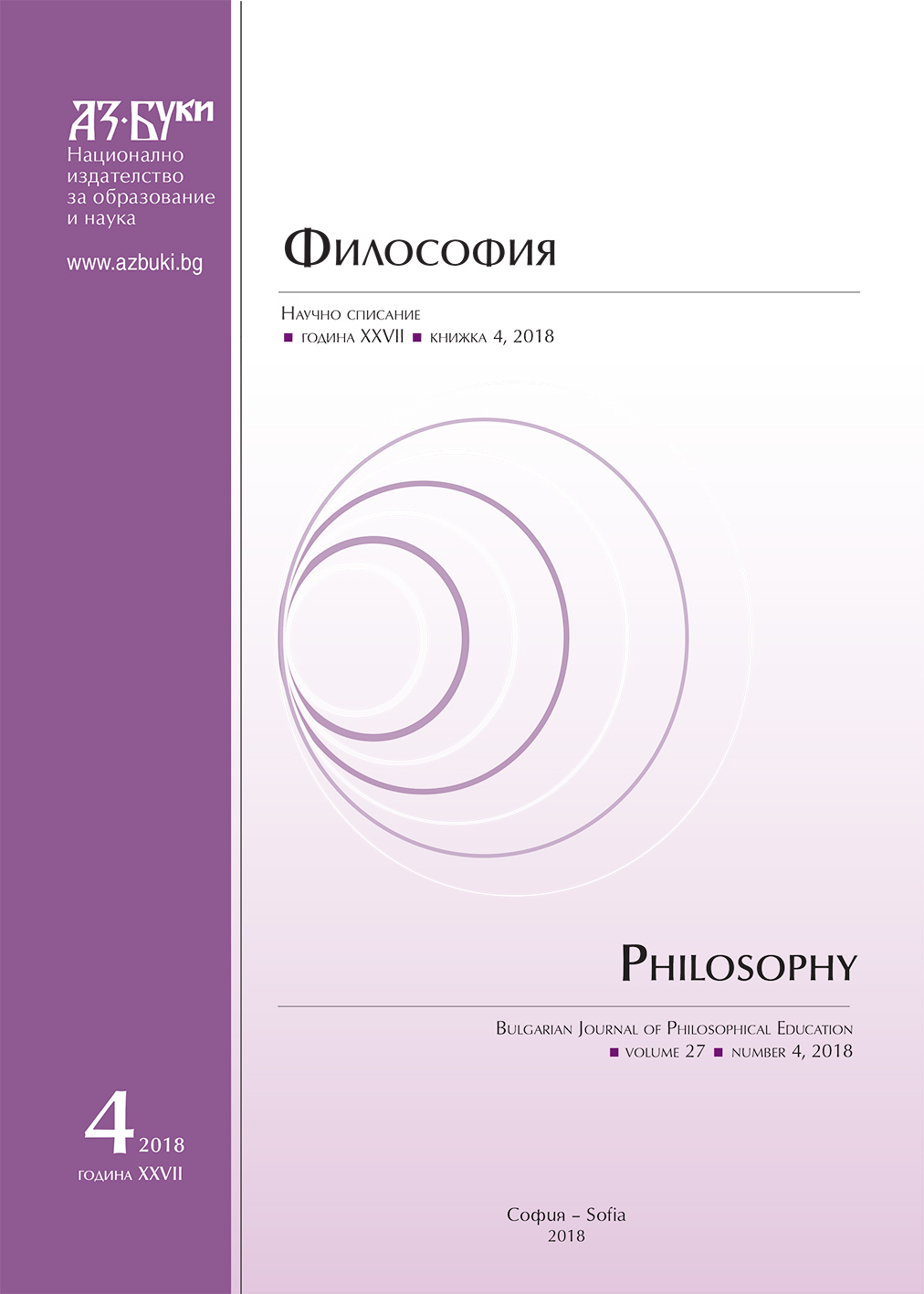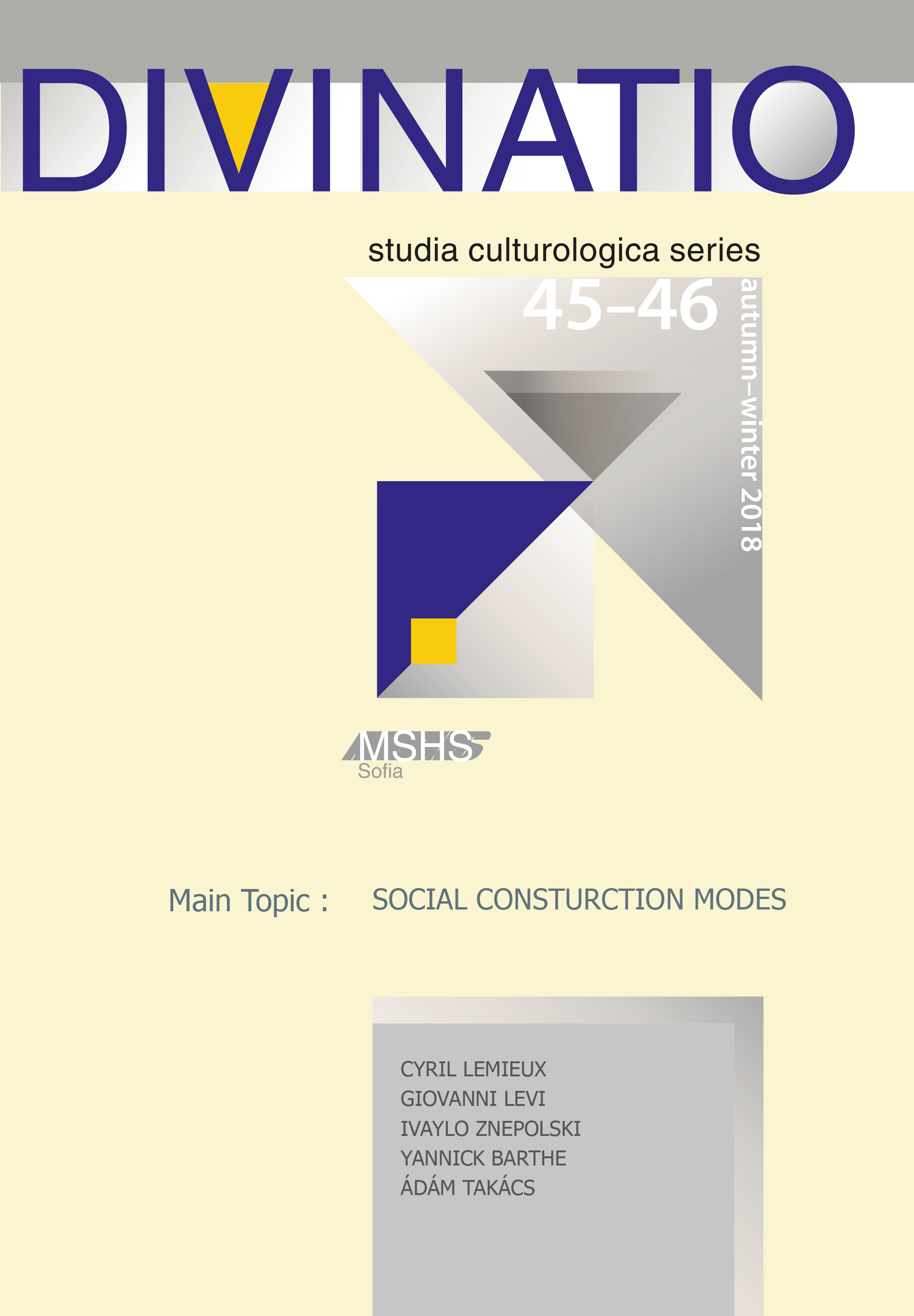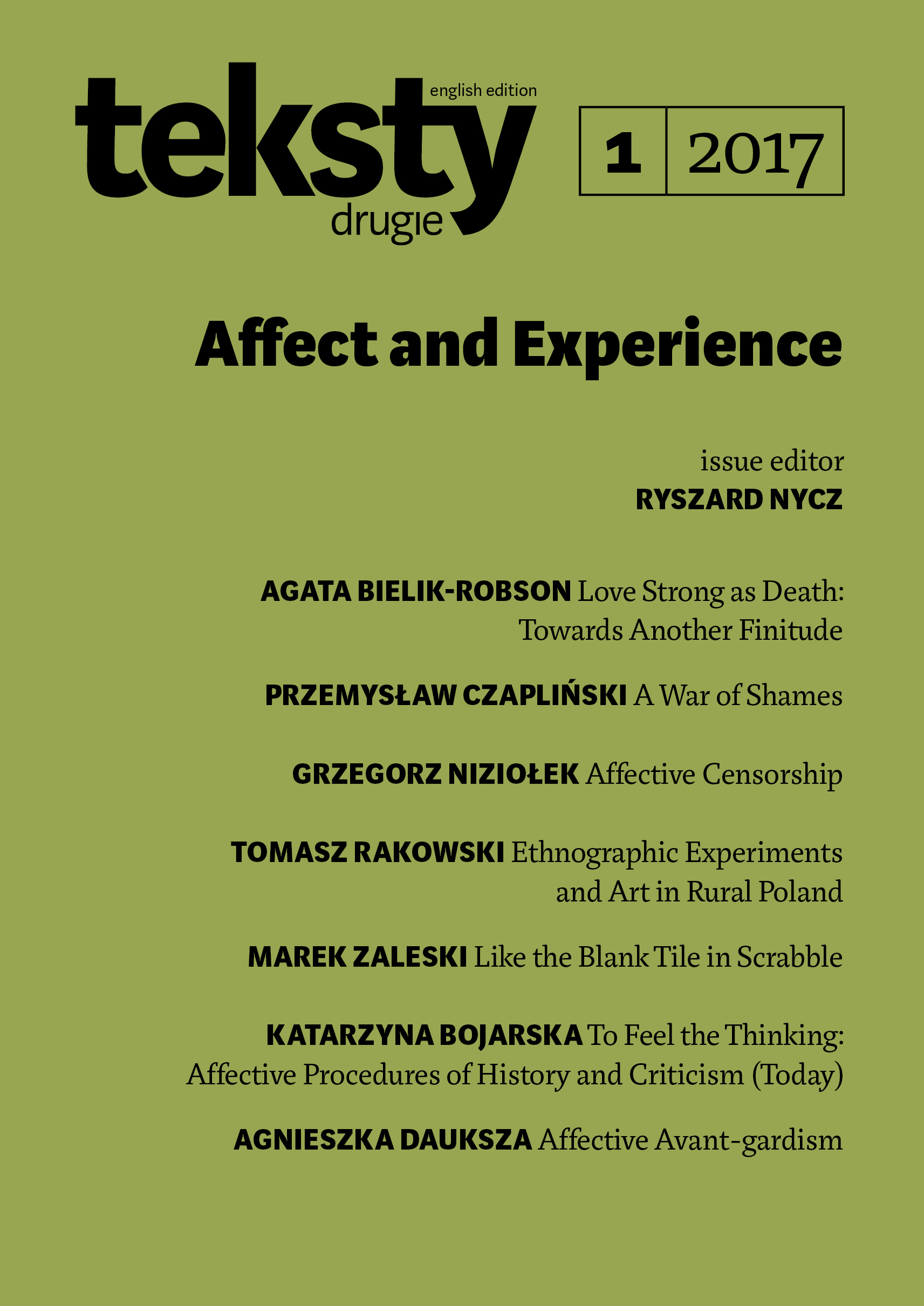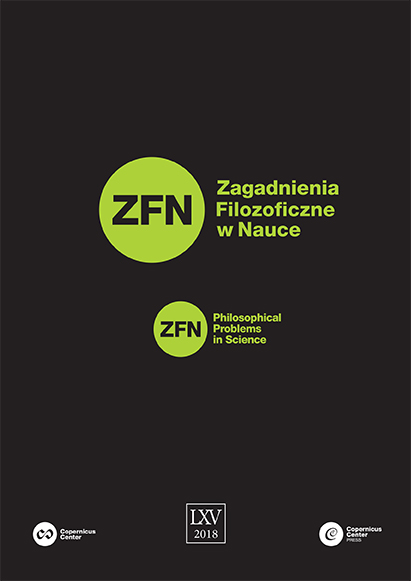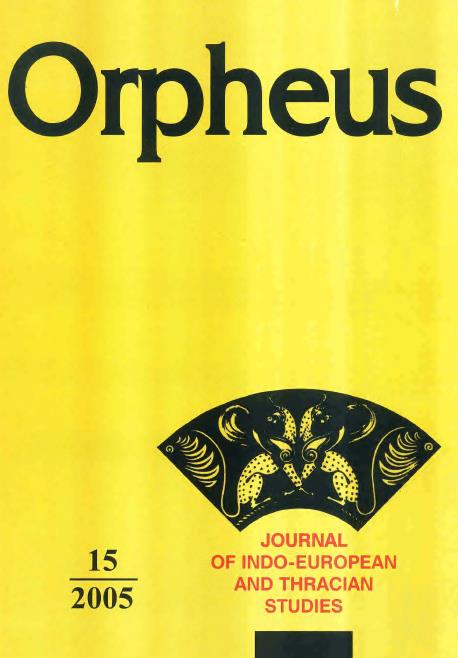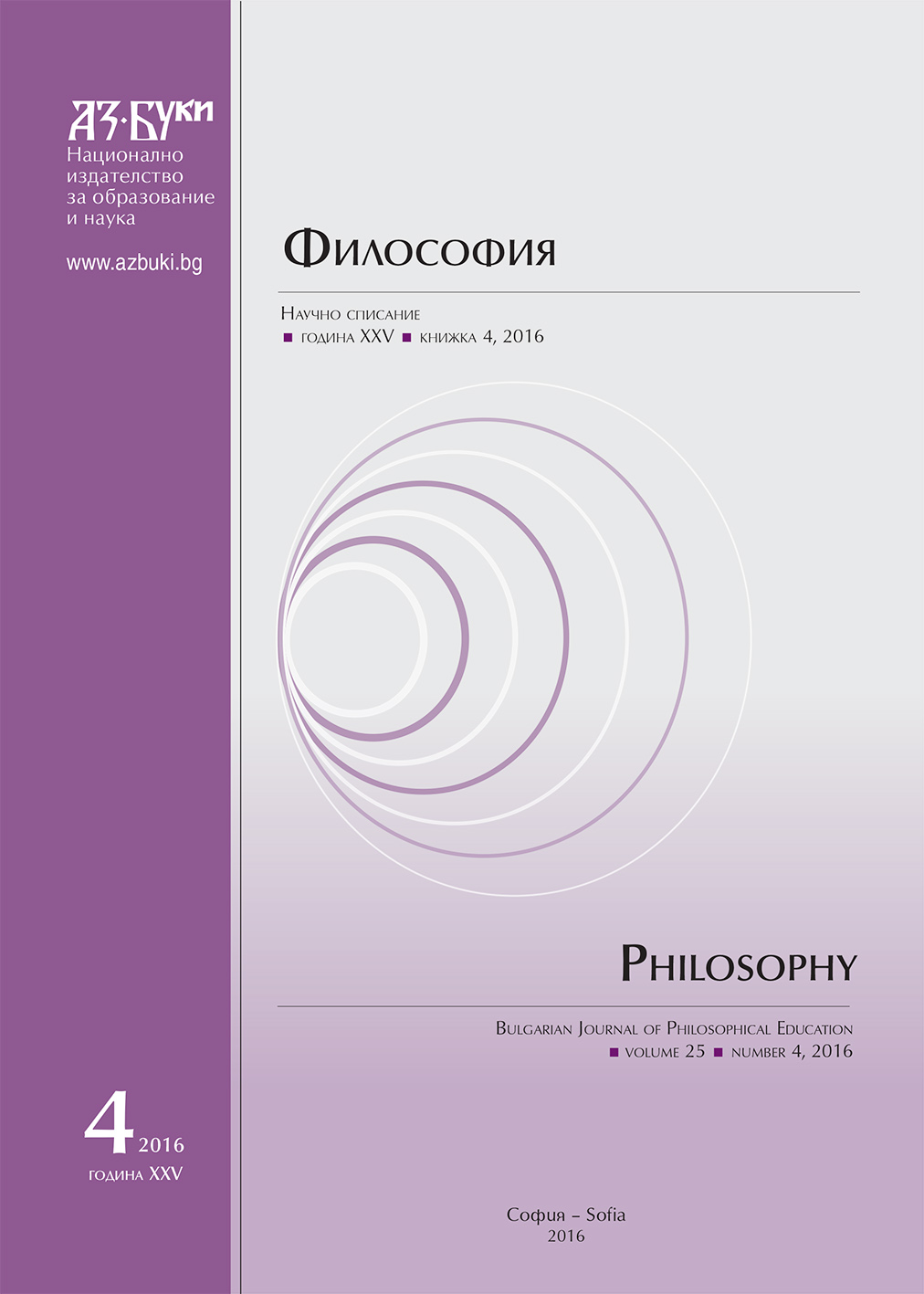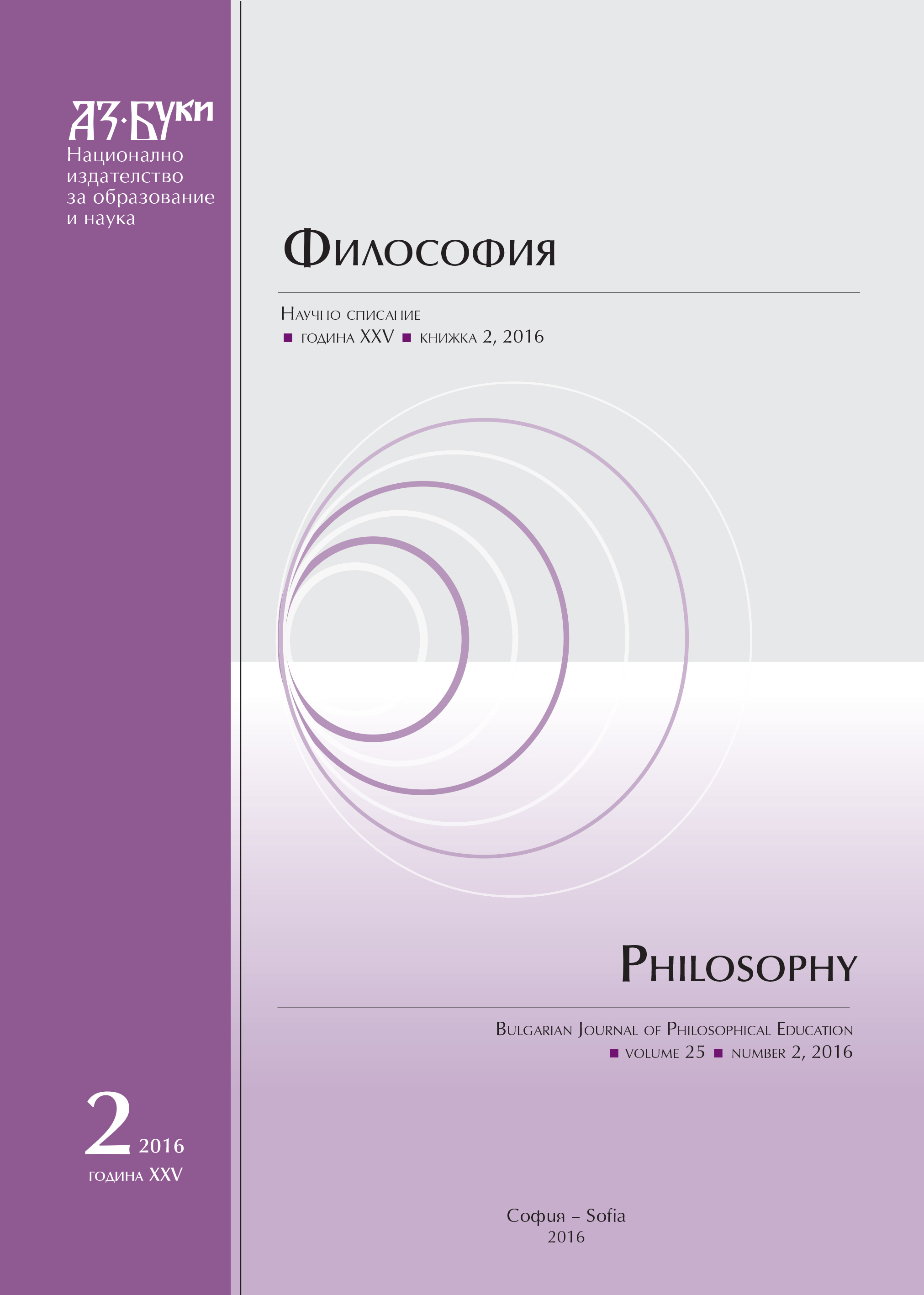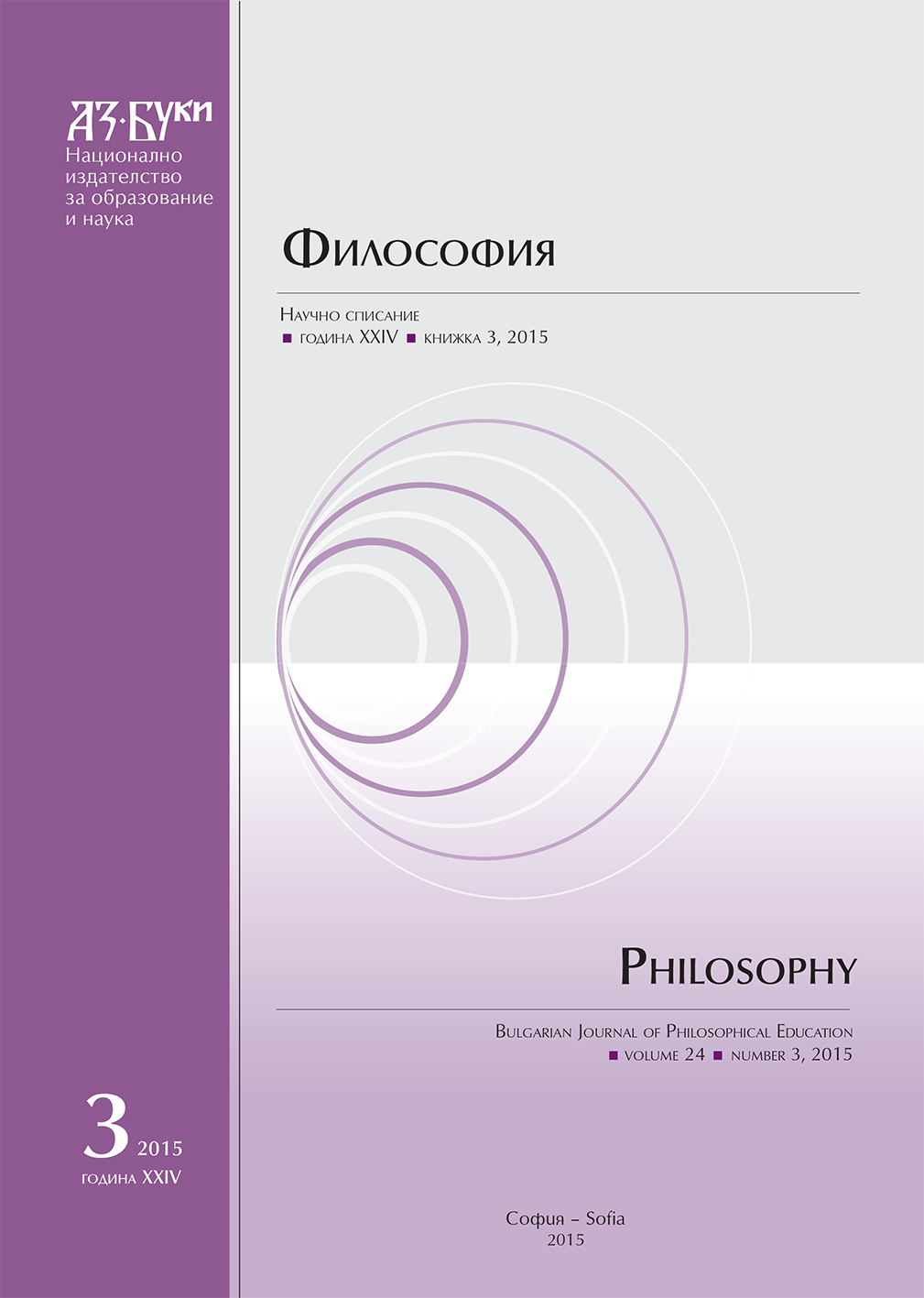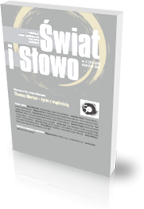
Filozofia (według) Gombrowicza
The main subject of the article is a discussion of Witold Gombrowicz’s philosophical views, which were presented in the cycle of lectures delivered by him in Vence at the turn of April and May 1969, in the presence of his wife, Rita, and two of his friends: Iza Neyman and Dominic de Roux. In 1971 the lectures, written down by writer’s friends, were published in French as Guide de la philosophie en six heures un quarto (“Philosophy course in six hours and quarter of an hour”). Author of the article shows Gombrowicz’s predilection to existentialism and structuralism– two contemporary doctrines which, in his own opinion, the writer discovered himself as the first in Europe in his debut novel entitled Ferdydurke (1937). Philosophical course presented by Witold Gombrowicz two months before his own death, was compared in the end of the article to the message (main idea) of the late poem by Czeslaw Milosz entitled Vocative, written in the end of the 20th century. In this dramatic text the death was described as destructive, dull and unconscious power. Both, the Gombrowicz’s philosophical course, as well as Milosz’s late poem Vocative – can be interpreted as testimonial of heroic human intellect and soul in their uneven struggle against sickness and death, concluded author.
More...
